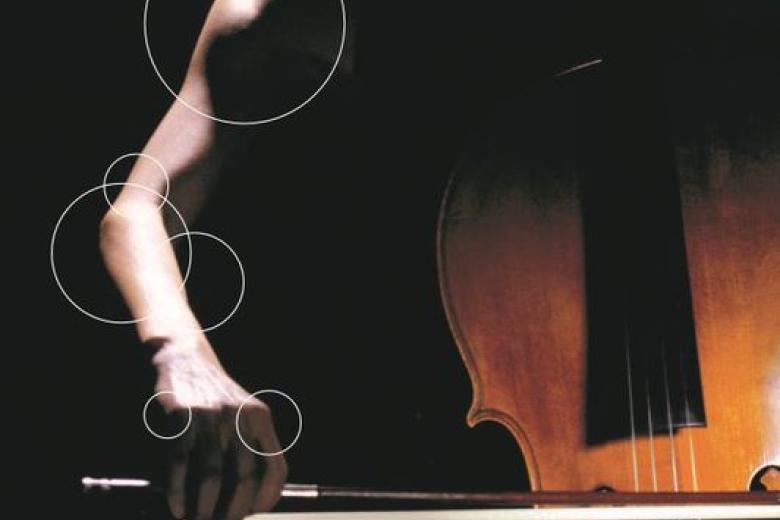Innocent suspects rarely have a credible alibi
Innocent suspects are expected to prove their innocence by providing a credible alibi. Research by legal psychologist Ricardo Nieuwkamp shows that only 2% of all non-offenders are able to do so.
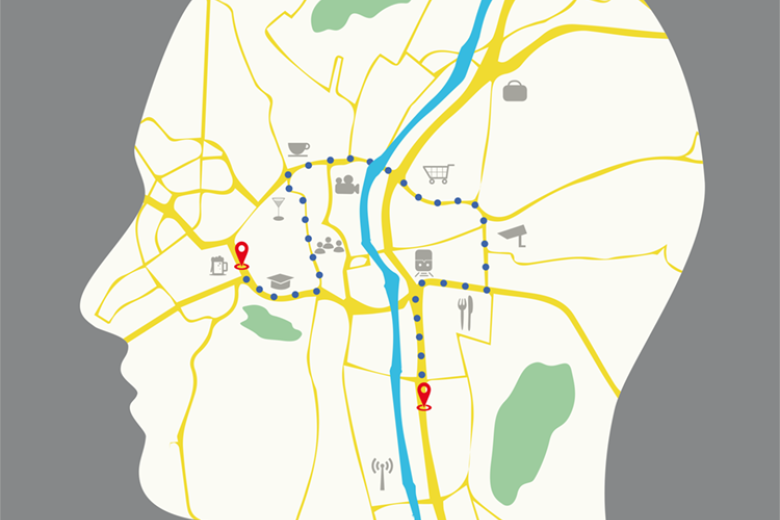
Innocent suspects are expected to prove their innocence by providing a credible alibi. Research by legal psychologist Ricardo Nieuwkamp shows that only 2% of all non-offenders are able to do so.

Full disclosure of homeowner data is outdated (PhD conferral Anna Berlee).
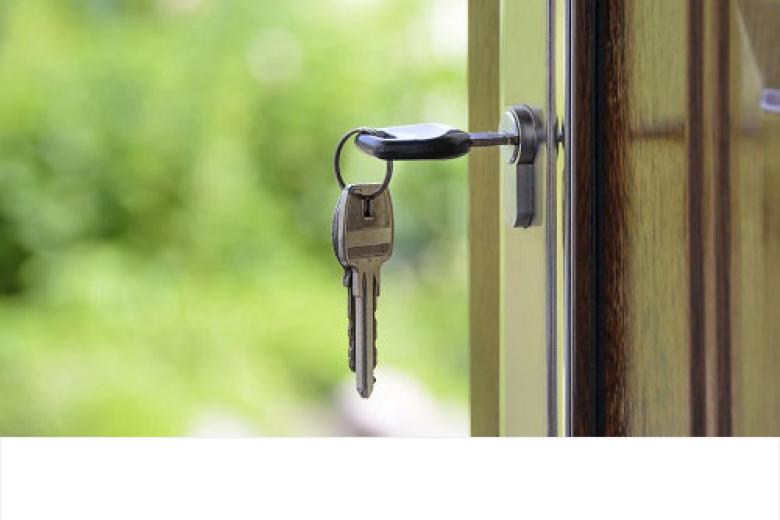
PhD research by Tom Houben at the Maastricht UMC+.
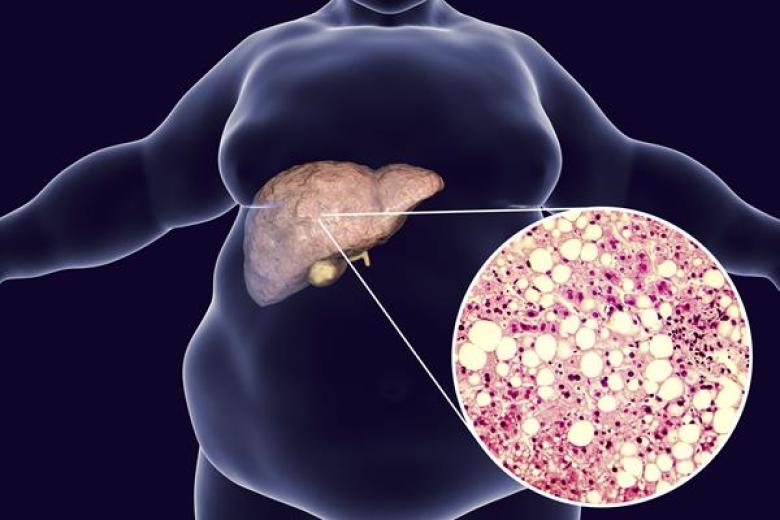
Using living elderly people, scientists at Maastricht University (UM) and Harvard Medical School in the US city of Boston have succeeded for the first time in figuring out how Alzheimer’s proteins spread inside the brain.
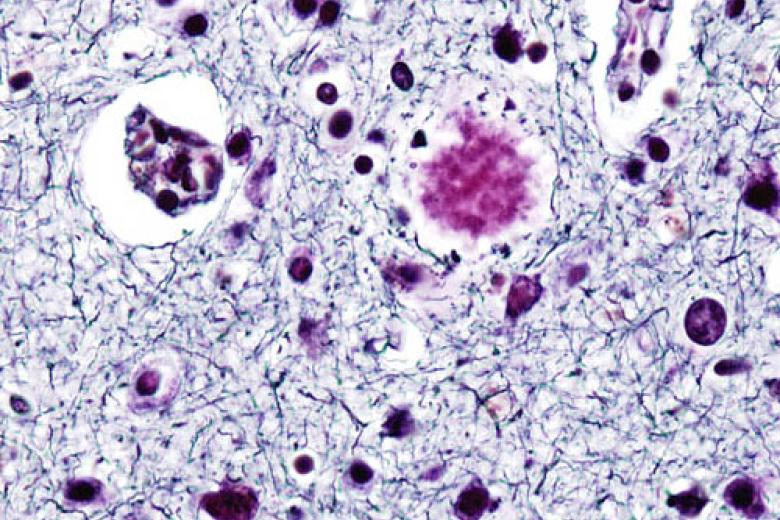
Brain tissue completely regenerates in four to five weeks (news MUMC+).
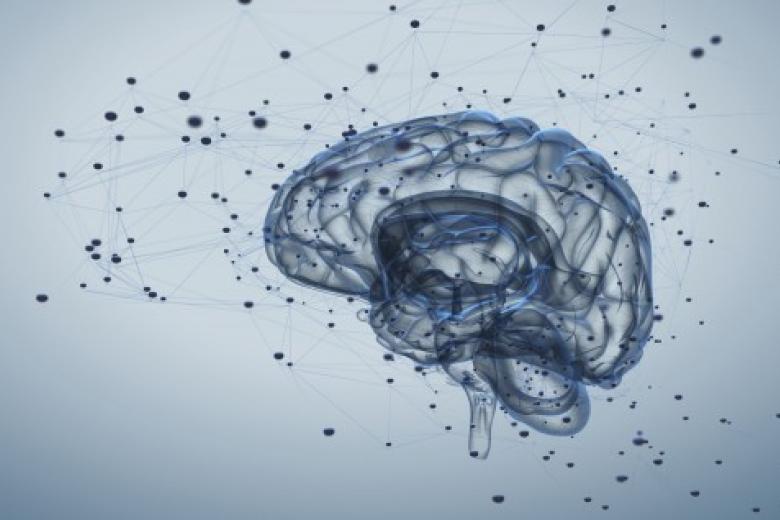
Pupils of the Graaf Huyn College win Maastricht UMC+ competition.
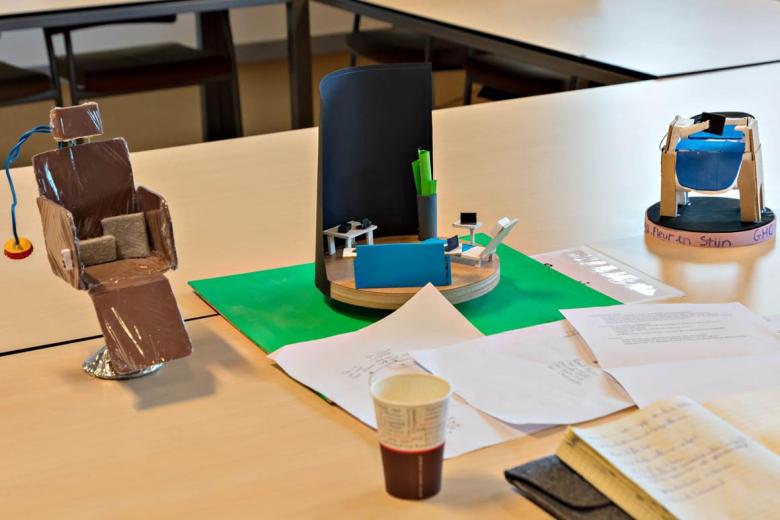
Epigenetic changes can be detected in the blood of test subjects within two hours of exposure to exhaust fumes.
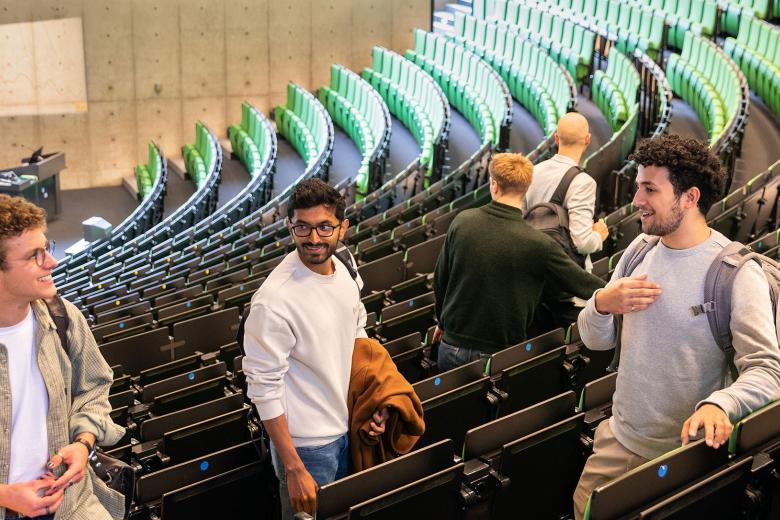
Professor Katarina Harvati was appointed Eugène Dubois chair for 2018.
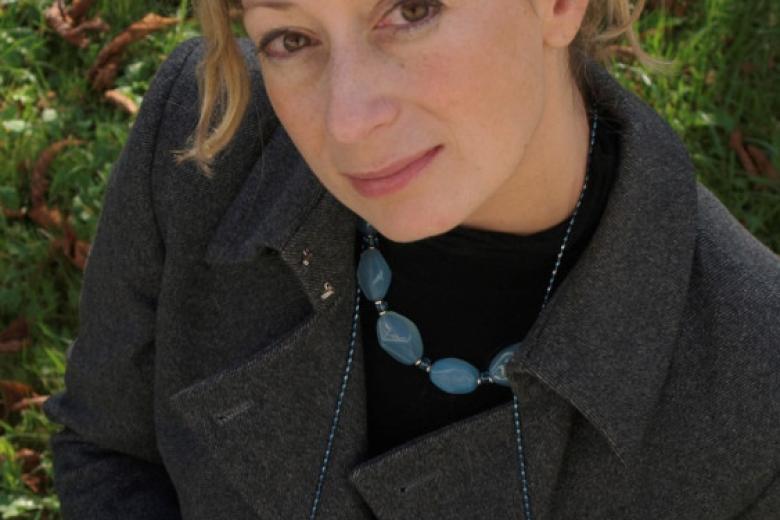
On Friday 2 February Payam Abrishami defended his dissertation 'Public value of medical innovations – a quest for all and for all seasons'
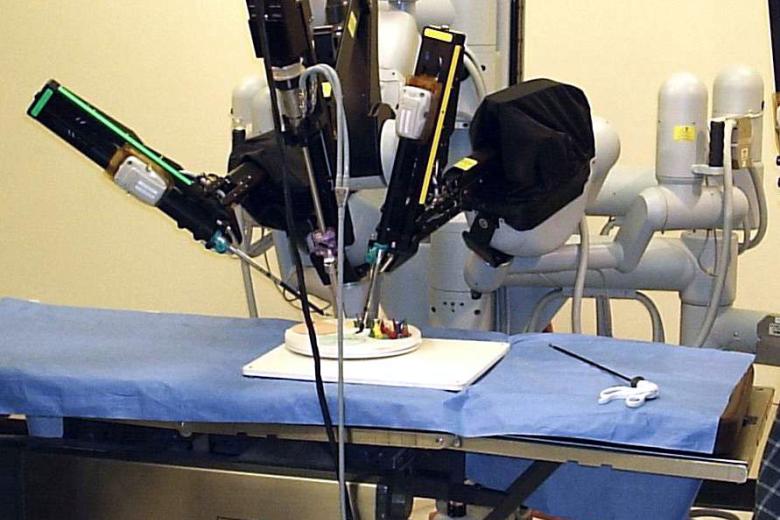
It is important for music academies to focus on the health of its students, according to Vera Baadjou, a PhD candidate at Maastricht University.
